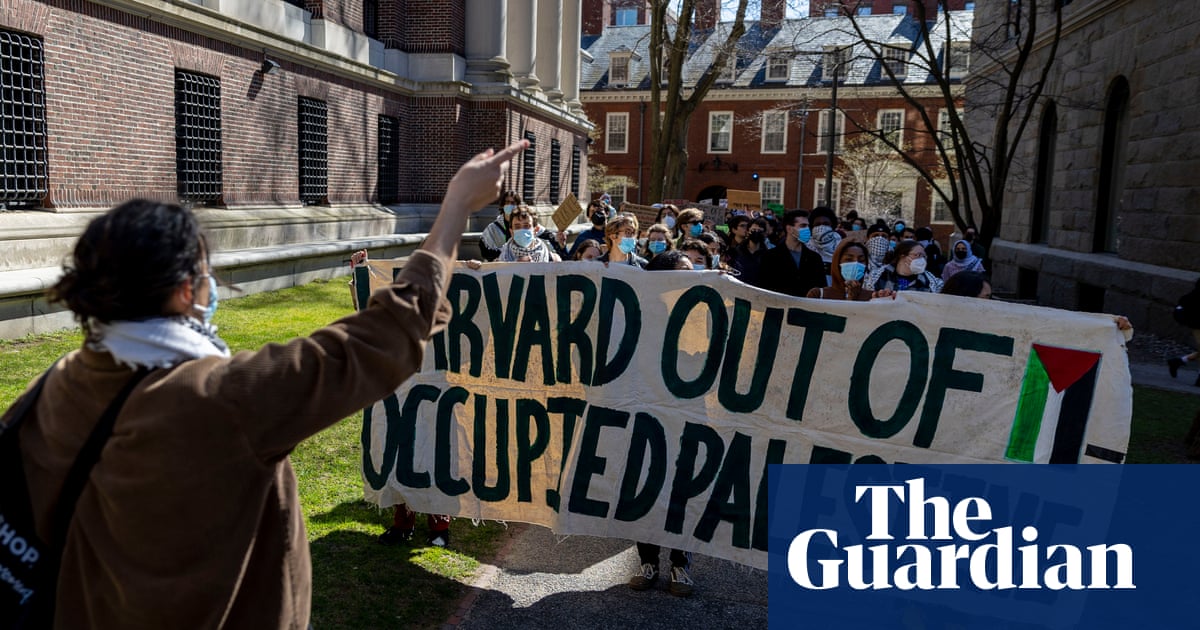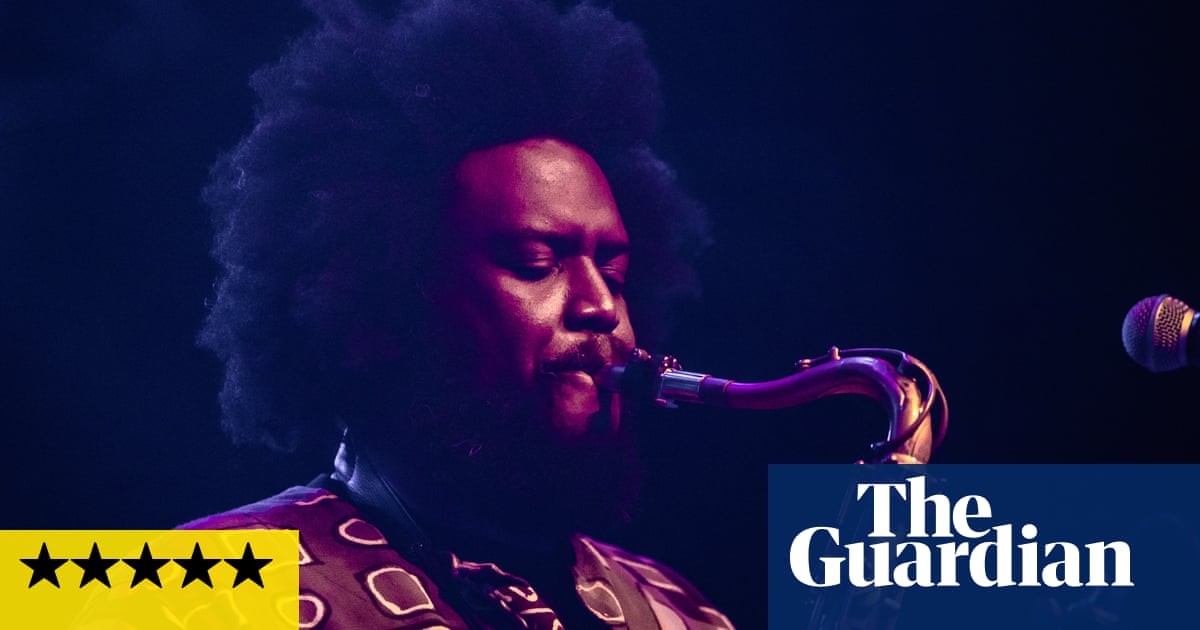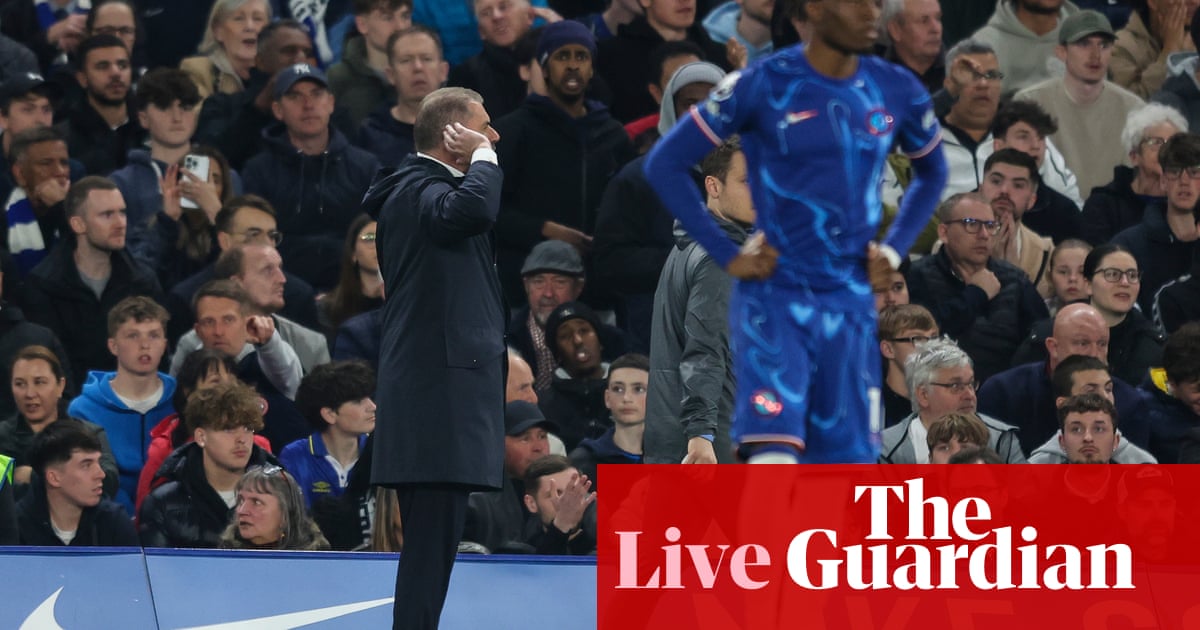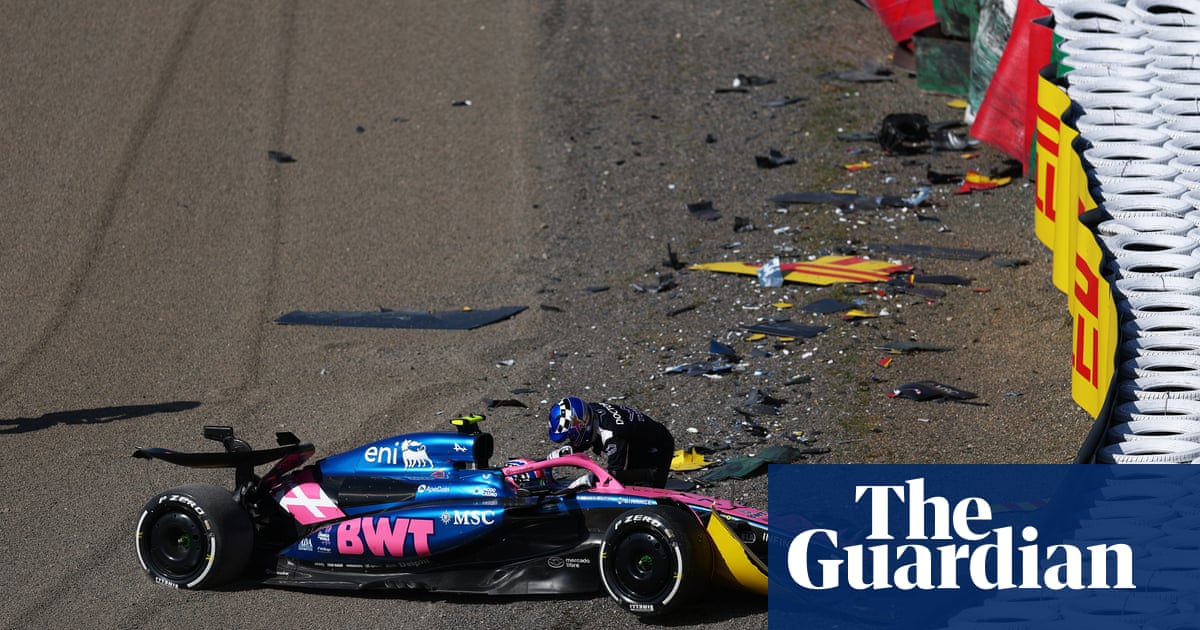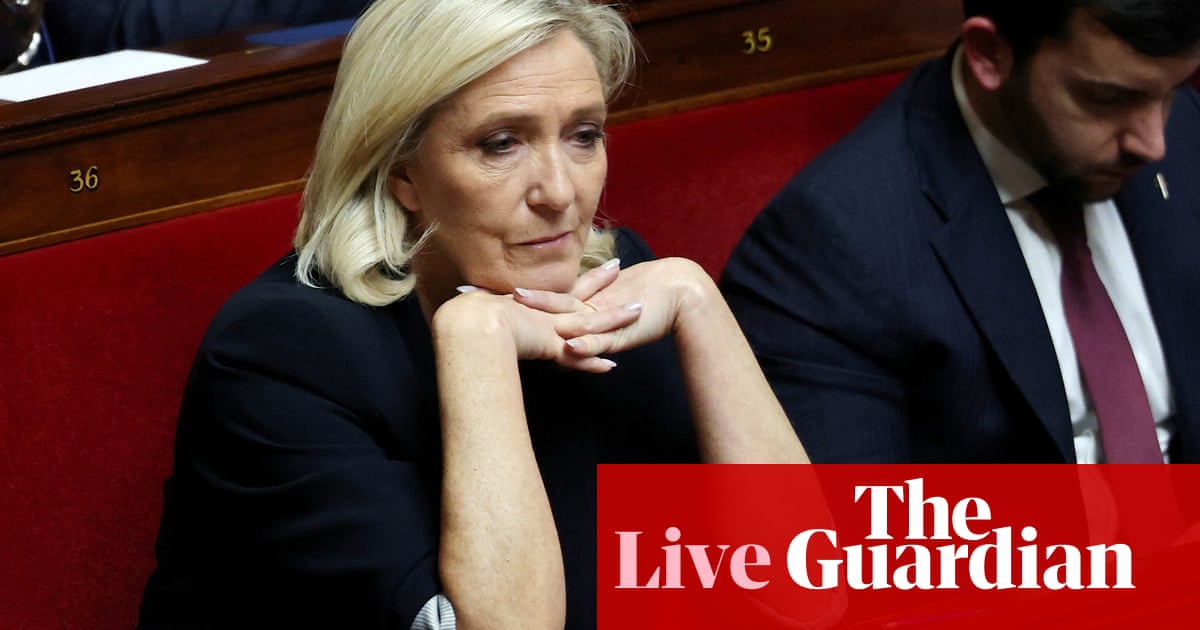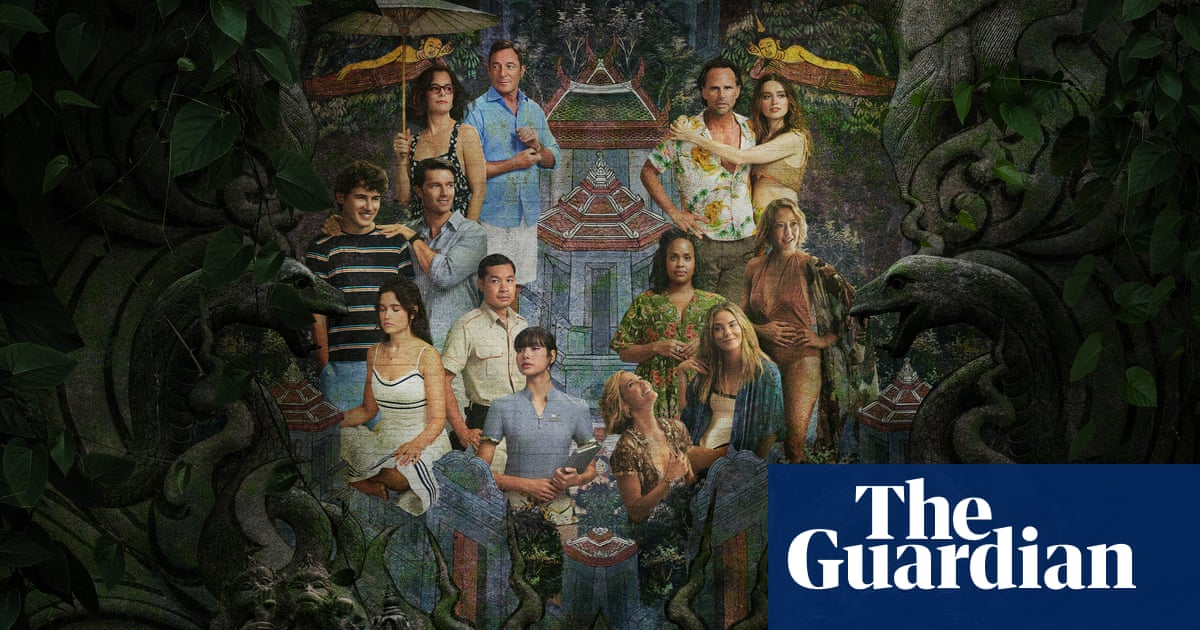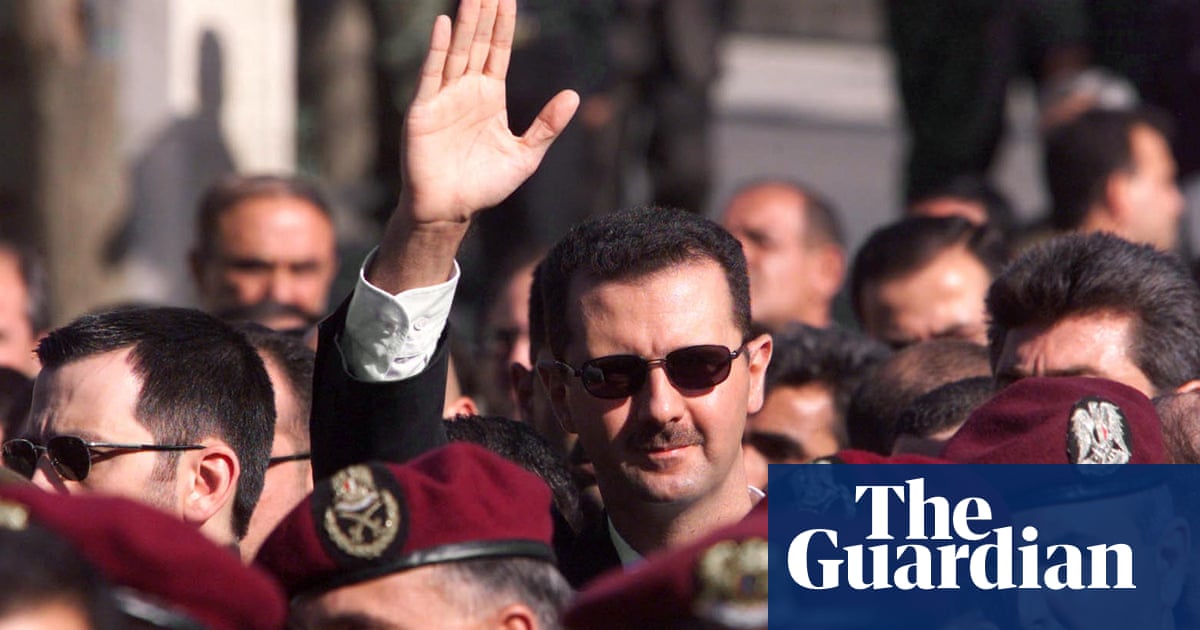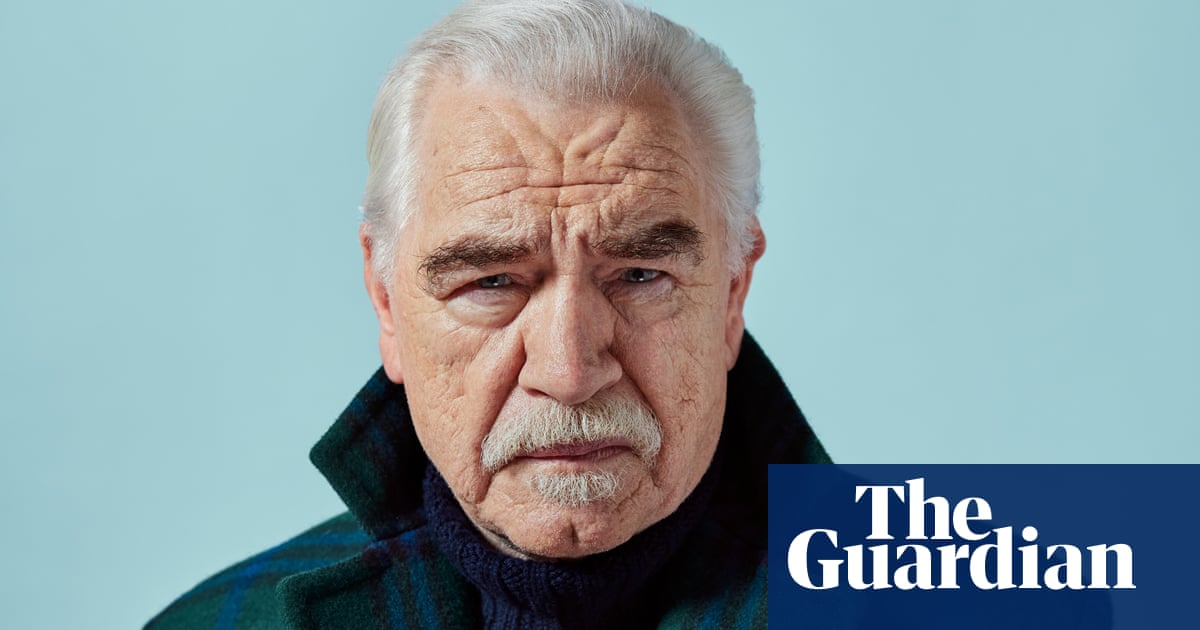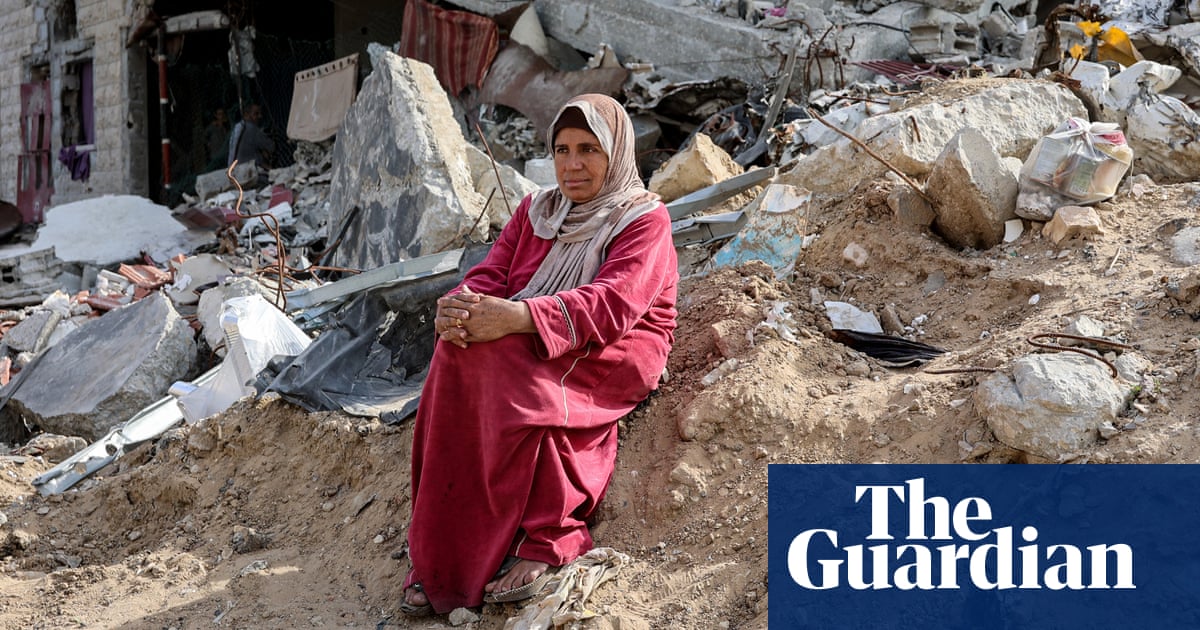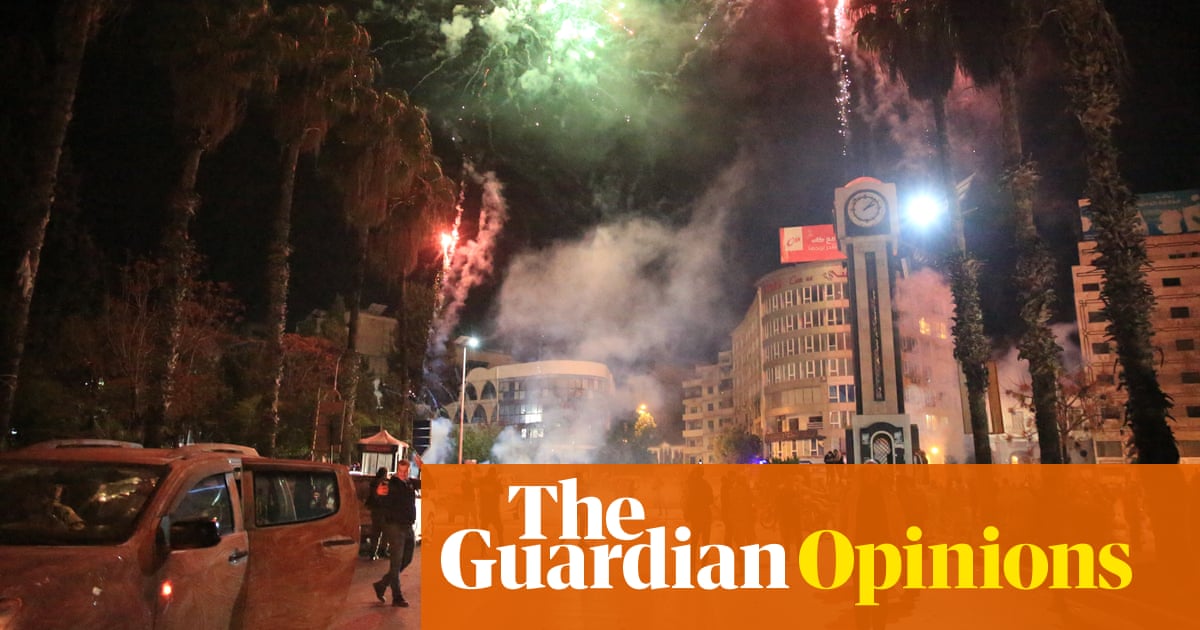When death was whispered into the ears of the Bali Nine, Mick Tsikas pulled the trigger.
The veteran Australian Associated Press photographer has spent years documenting the their story.
He still remembers the moment Andrew Chan received his sentence.
“As soon as the judge said ‘mati’, his interpreter leaned over and whispered in his ear ‘death’,” Tsikas says.
Almost 20 years later, as the federal government continued talks to bring the five remaining imprisoned Australians home, Tsikas could return to the work that won him a Walkley award.
Chan, Myuran Sukumaran, Si Yi Chen, Michael Czugaj, Tan Duc Thanh Nguyen, Matthew Norman, Scott Rush, Martin Stephens and Renae Lawrence were arrested on 17 April 2005 after attempting to smuggle 8.3kg of heroin out of Indonesia.
Their story exploded into the headlines and Tsikas arrived in Denpasar the next day, confronted by signs at the airport proclaiming drug trafficking was punishable by death.

At the time, sympathy was in short supply for the young Australians.
Pointing to the consequences of drug addiction, many said they had to take responsibility for their actions, while letters published in newspapers claimed they deserved to die.
Tsikas caught his first glimpse of the nine at police headquarters.
“I was blown away, they were just kids,” he says.
“They obviously did something stupid but they were in way over their heads. They did not have a clue what was going to happen to them.”
Rush, 19, had run the emotional gauntlet between shock, disbelief and devastation, and didn’t know what to say when the grizzled photographer showed up.
Tsikas put his camera down and shared a cigarette through the prison bars.

Unlike Australia, where photographers are banished from courtrooms and holding cells, Indonesian authorities allowed them to shoot within an inch of the smugglers, with one judge even offering to move from their line of sight so a clean frame could be taken.
Distraught families kissing loved ones through bars, nervous eyes staring down media scrums, faces contorting as fates were sealed – Tsikas caught it all.
As photos trickled out of Denpasar, public opinion began to turn, reaching an inflection point when it was revealed Australian federal police had tipped off Indonesian officials instead of trying to arrest the group themselves after they arrived back in Australia.

On 14 February 2006, convicted ringleaders Chan and Sukumaran were sentenced to death and led away in cuffs.
It was the last time Tsikas saw them alive.
Over the following years, they forged new identities as every appeal and plea was ignored.
after newsletter promotion

Sukumaran helped organise courses in philosophy, computers and graphic design for detainees and became an artist, painting multiple self-portraits during his time in Kerobokan prison.

Chan converted to Christianity and became a pastor who helped lead the prison’s English language church service.
Family, lawyers and then prime minister Tony Abbott all believed they had been rehabilitated.
But almost a decade after their arrests, Indonesia’s president Joko Widodo turned down their bids for clemency and on 29 April 2015, Chan and Sukumaran were executed by firing squad on Nusakambangan island.
The next morning, Tsikas captured a forklift carrying one of the men’s coffins at Jakarta airport.
“I felt empty,” he says.
“When you’ve invested so much of yourself into this story, so much emotion, and then it ends like this … it’s state-sanctioned murder.
“That’s vengeance, it’s not justice.”
Lawrence had her sentence commuted in 2018 and was deported to Australia. Nguyen died in custody of stomach cancer in May that year.
The rest have been living out life sentences at various Indonesian prisons, hoping to one day go home.
That time may have come, with the home affairs minister, Tony Burke, on Tuesday revealing he had discussed a deal to repatriate the five men with Indonesia’s minister for law, Yusril Ihza Mahendra, that could be finalised this month.
“They’ll be happy they’re home but they’ve been calling Bali their home for 20 years,” Tsikas says.
“Michael Czugaj was 19, he’s almost 40 now ... he has spent longer in Indonesia than he has in Australia.
“It will be bitter sweet.”

 3 months ago
57
3 months ago
57


